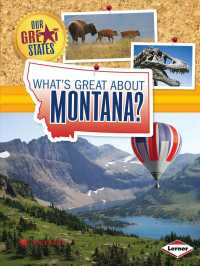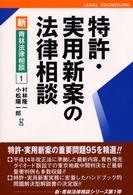Full Description
This book is the first to present a comprehensive theory of non-canonical questions, those question types that do not (only) request information from the addressee, but rather (additionally) tell us something about the speaker's epistemic and/or emotional state, such as can't-find-the-value questions, echo questions, rhetorical questions, and surprise questions. While much recent research has explored the formal semantics and the phonetics and phonology of both canonical and non-canonical questions, the literature is still lacking a comprehensive account from a syntax-pragmatics perspective that brings together the multiple findings and strands of research from the last twenty years.
The standard view in the syntax-pragmatics literature is that most special interpretations of non-canonical questions involve syntactic projections at or even above the level of illocutionary force. In this work, Andreas Trotzke argues that this approach is a mistake, and proposes a new alternative theory of non-canonical questions in which both their special pragmatics and their syntax, as well as in many cases their emotive component, can be derived solely from propositional-level operators that do not affect the illocutionary level of utterances and can be found across illocutionary forces. This account dramatically simplifies the syntactic analysis of non-canonical questions and is also able to capture some previously unobserved data in the discourse behavior of those question types.
Contents
Part I. Introduction to non-canonical questions
1: Introduction
2: Key concepts in the study of questions
3: A typology of non-canonical questions
Part II. The syntax of non-canonical questions
4: Non-canonical word order
5: Non-canonical wh-elements
6: Non-canonicity via modal particles
Part III. The pragmatics of non-canonical questions
7: Non-canonical questions as first moves in a dialogue
8: Non-canonical questions as second moves in a dialogue
Part IV. A new framework for non-canonical questions
9: Emotional intensities in non-canonical questions
10: Non-canonical questions, expressivity, and the model of communication
References
Index








